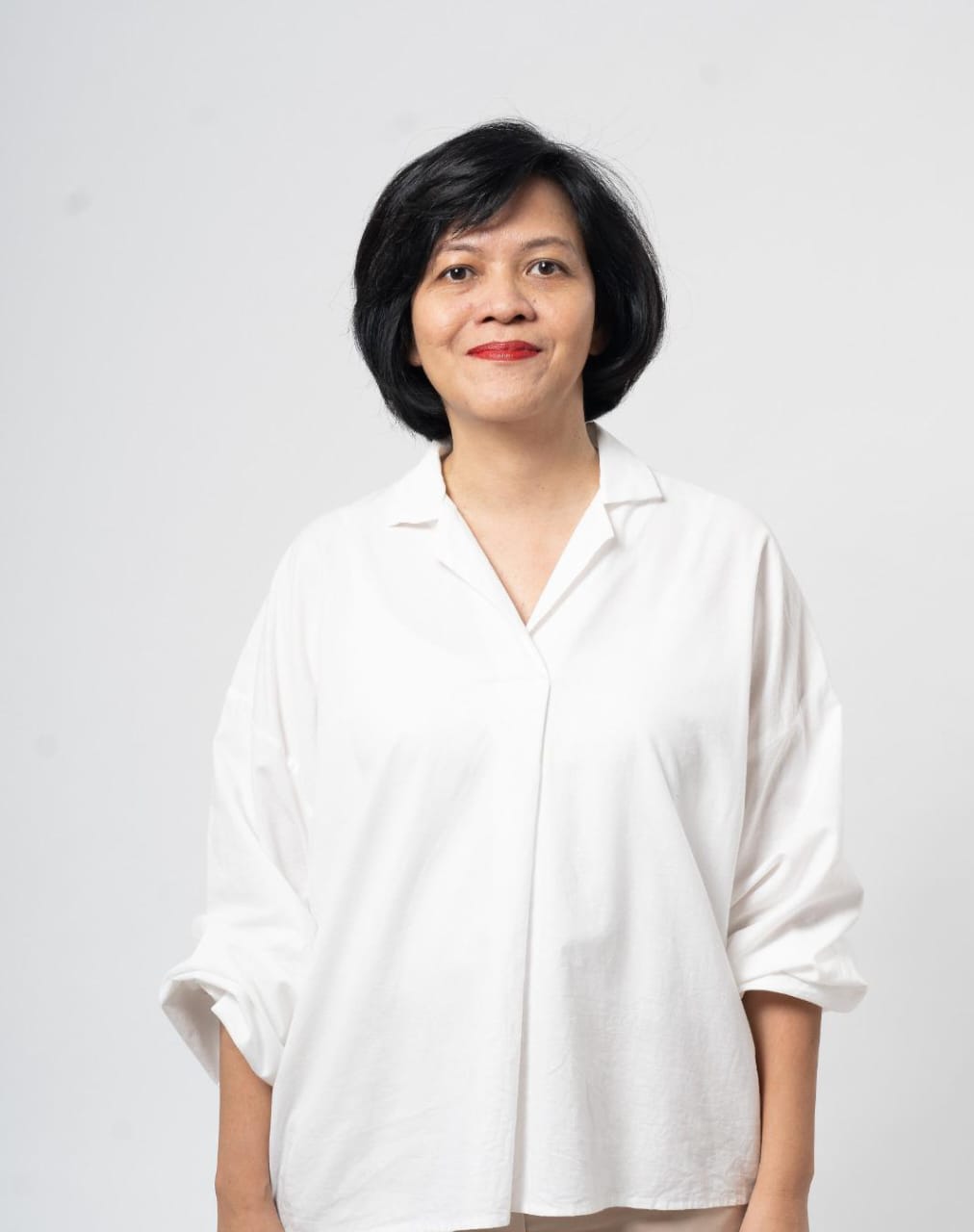Recently, discussions about air pollution – especially in the capital – have become a hot topic in the public. Based on IQAir data this morning, October 4th 2023, Jakarta is ranked 3rd as the most polluted city in the world. IQAir also published on its website the forecast for the air quality index (AQI) for the city of Jakarta on 1-7 October 2023 at a pollution level of “unhealthy/unhealthy for sensitive groups”
Poor air quality is one of the causes of respiratory disorders in Indonesia, such as pneumonia, upper respiratory tract infections (ARI), and asthma. Head of the Master of Environmental Science Study Program, School of Environmental Science (SIL) Universitas Indonesia (UI) Dr. Hayati Sari Hasibuan said that the quality of the urban environment cannot be separated from the interaction between spatial planning and transportation. The distribution of space for housing, work, shopping centers, and other activities determines travel distances in urban transportation.
Therefore, urbanization is one of the causes of increasing air pollution. Data from the World Bank 2023 shows that more than 50% of Indonesian people live in urban areas from 2011 to 2021. In 2021, the number of Indonesian people living in urban areas will reach 57.29%.
Furthermore, the shape of the city influences transportation and mobility needs. With proper management, it can reduce energy consumption, vehicle emissions, and air pollution. “We need to address air pollution or emissions that come from transportation activities, this can not only be done downstream, but must start from the upstream, namely integrating spatial planning with transportation,” said Dr. Hayati in a public lecture entitled “Environmental Science Views on Air Pollution in Indonesia” held by SIL UI at the IASTH Building, UI Salemba Campus, on Monday (25/9).
She added, in its implementation, it requires clear targets and indicators referring to the concepts of localized context Transit-Oriented Development (TOD) and Walkability City (Pedestrian Friendly City). Dr. Hayati explained that localized context TOD is a development application that can reduce emissions of air pollution by using energy from transportation that takes into account local culture and the environment.
Apart from the TOD and Walkability City concepts, Dr. Ir. Dwi Nowo Martono, M.Si, one of the SIL UI academics in the field of Environmental Protection, said that several steps are needed to control air pollution, including implementing stationary source emission tests and motor vehicle emission tests, increasing public awareness about air pollution and its impact on health. Use of PM2.5 parameters as the main benchmark for regional air quality, as well as harmonization and implementation of spatial planning plans correctly and consistently. Meanwhile, Dr. rer. Nat. Agustino Zulys, one of the lecturers from the Department of Chemistry, Faculty of Mathematics and Natural Sciences (FMIPA) UI added from a chemistry perspective. According to him, air pollution is normal air that is contaminated with contaminants, such as chemicals, physics and biology,
One source of air pollution is the potential danger of burning waste in the open air which can form toxic and carcinogenic substances that endanger human health. Dr. Agustino advised the public to take several steps in fighting air pollution in everyday life, such as using masks when traveling, consuming enough water, using public transportation, and stopping burning trash in the open air.



